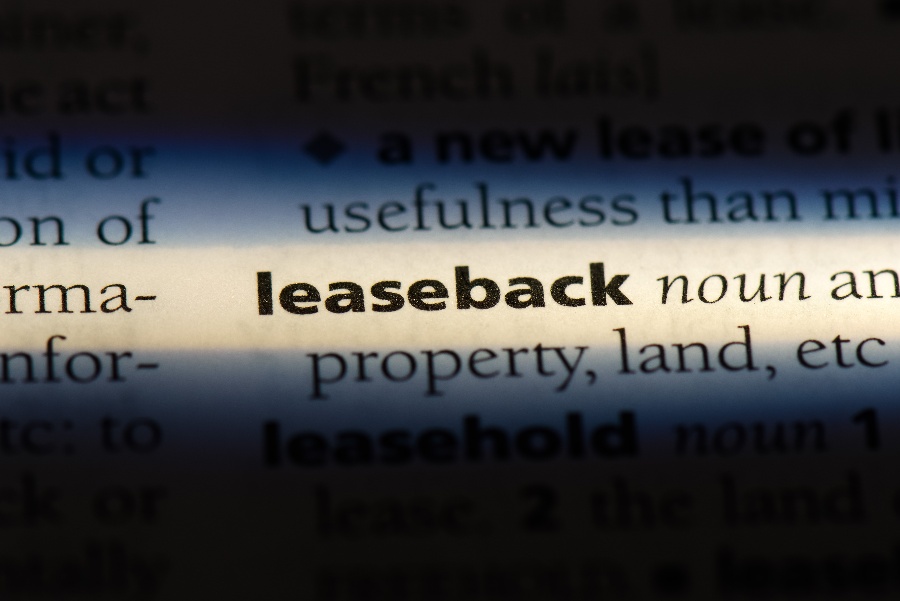
One of the best ideas that you can use to further your business agenda is to leaseback a property sold to a purchaser. Here, all the details are written up and decided on when the sale of the asset happens. In this type of transaction, the seller becomes the lessee, while the purchaser is the lessor.
The reason the transaction exists is that it allows the seller company to raise capital and lease the asset while they have both cash and asset.
The question you may ask at this point is whether the idea is right for you, and the first step is to understand how it works.
Understanding Leasebacks
The best way to fully understand how a leaseback works is by looking at it from a personal level. For example, when you go to a pawn shop and get money in exchange for a valuable asset. The pawnshop doesn't buy the asset, and you can buy it back when you have the money. With a leaseback, which is more of a corporate version of a pawnshop, the company doesn't have to buy back the item.
Should You Get A Lease Back?
If you have a business that has high-cost fixed assets, this is a deal you can explore. Building companies are more likely to explore this option than any other business. Most of these businesses have fixed assets like land property.
These companies need money after the project, and they still need to use the asset for operation. Other than trying to find costly loans or other methods to raise capital, they use what they have.
If the company isn't looking to get a loan, which can be costly, they opt for a leaseback. With a loan, the company has to pay back the money it borrowed, and the loan appears as debt on the balance sheet. A company that opts for a leaseback has the liabilities on its balance sheet reduced.
To find out if a leaseback is right for your business, you need to understand the benefits.
Benefits of a Sale-leaseback
Liquidity
The seller, who becomes a lessee, gets 100% purchase price or even better on the value of the asset from the get-go. The company has an influx of cash that is interest-free to do with as they wish.
Increase business value
A sale-leaseback can increase the value of your business, as in commercial real estate, property differs in value as compared to business operations.
For example, when you sell a business, the value changes if you sell the real estate separately or combined with the business. What you need to do in this case is to separate the cash flow from the real estate from the one from your business.
Add Confidence in the Investment
When the sale-leaseback is being negotiated, the buyers get assurances that the business operations will be stable. The seller, who will be the lessee, will have to assure the buyer the asset comes with assured pay. The buyer can then lock down a longer lease thanks to the assurances they get.
The seller will also be confident in the sale as they can go on with their business without the need to worry about their lease. Businesses can easily diversify their operations thanks to the money they get from the sale.
Tax benefits
Some tax benefits come from a leaseback, especially if the rent exceeds the interest and the depreciation from mortgage financing. The tax benefits are favorable for both the new owners and the lessee. The deduction happens when:
- The asset appreciates in value
- The asset isn't depreciable
- The asset has fully depreciated
Sale-leasebacks can be great both for the lessor and the lessee as most terms are agreed upon before the final signing happens. It helps businesses increase their capital without adding up their liability and risk. Contact us today.








